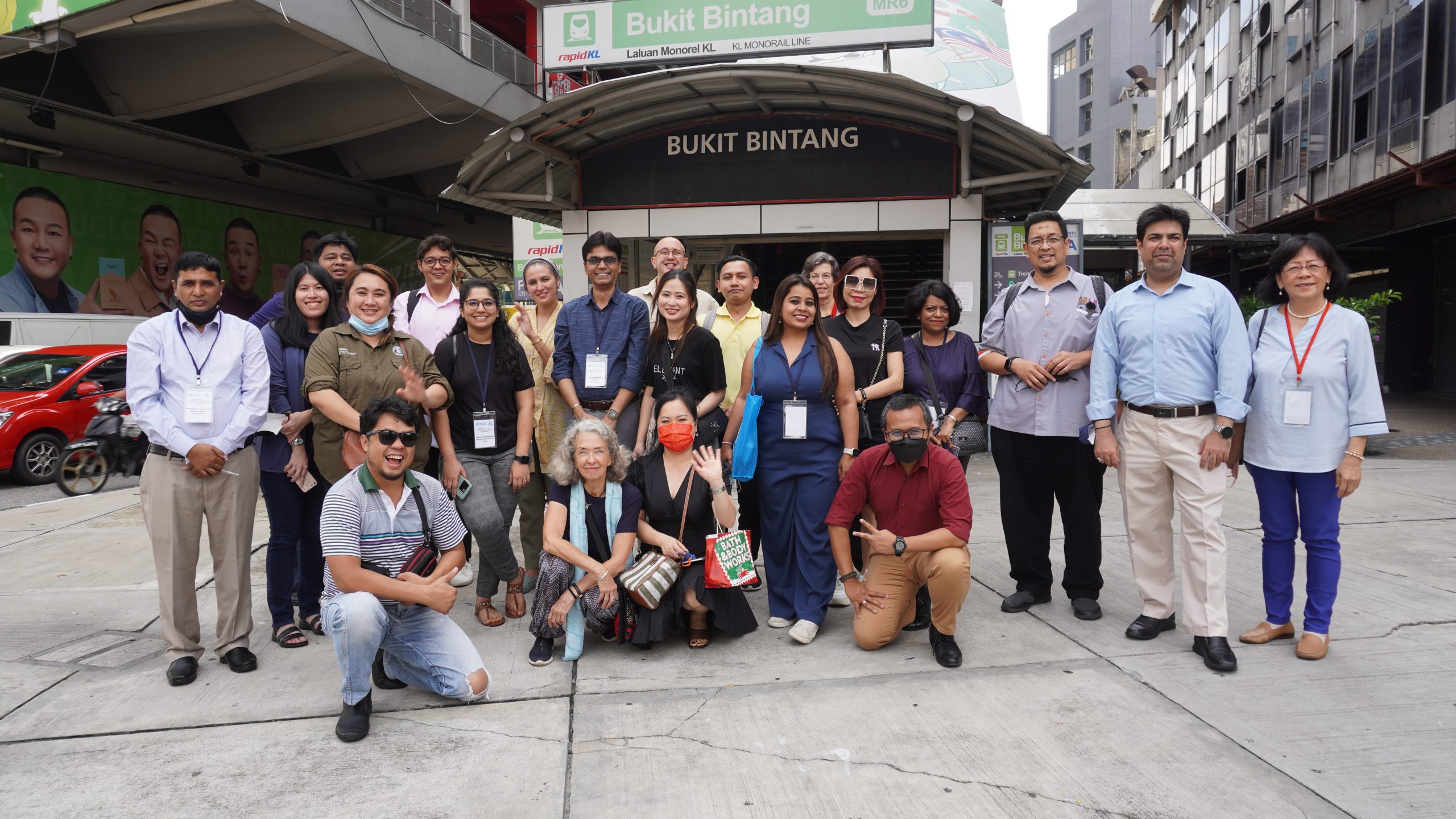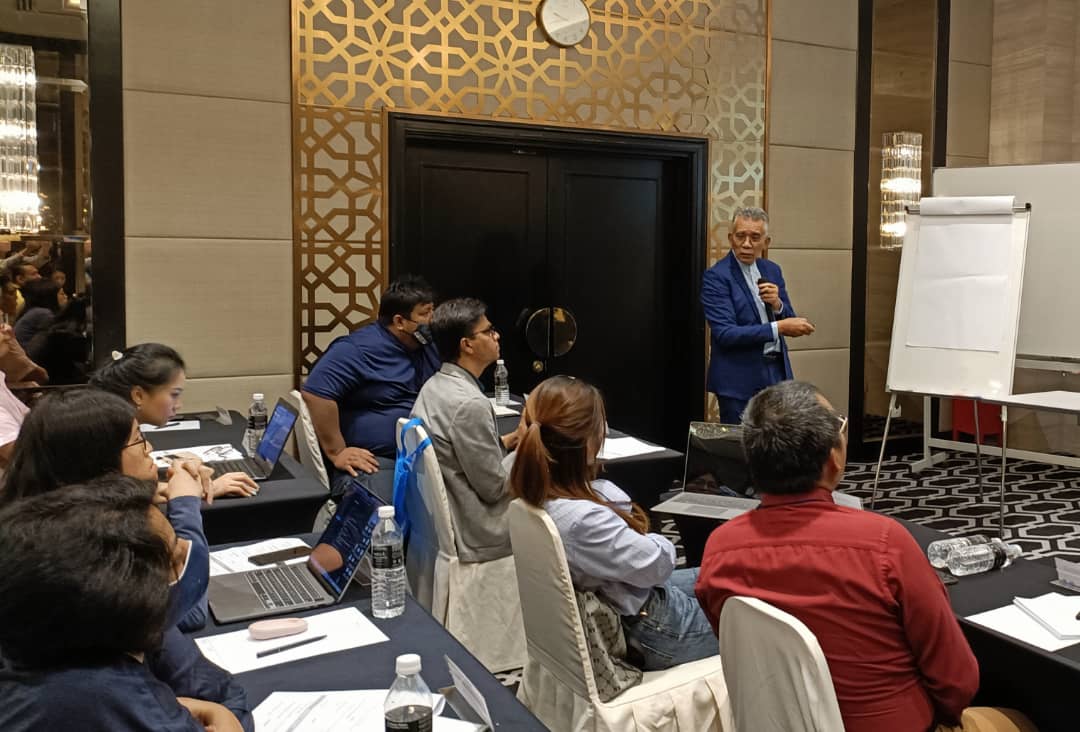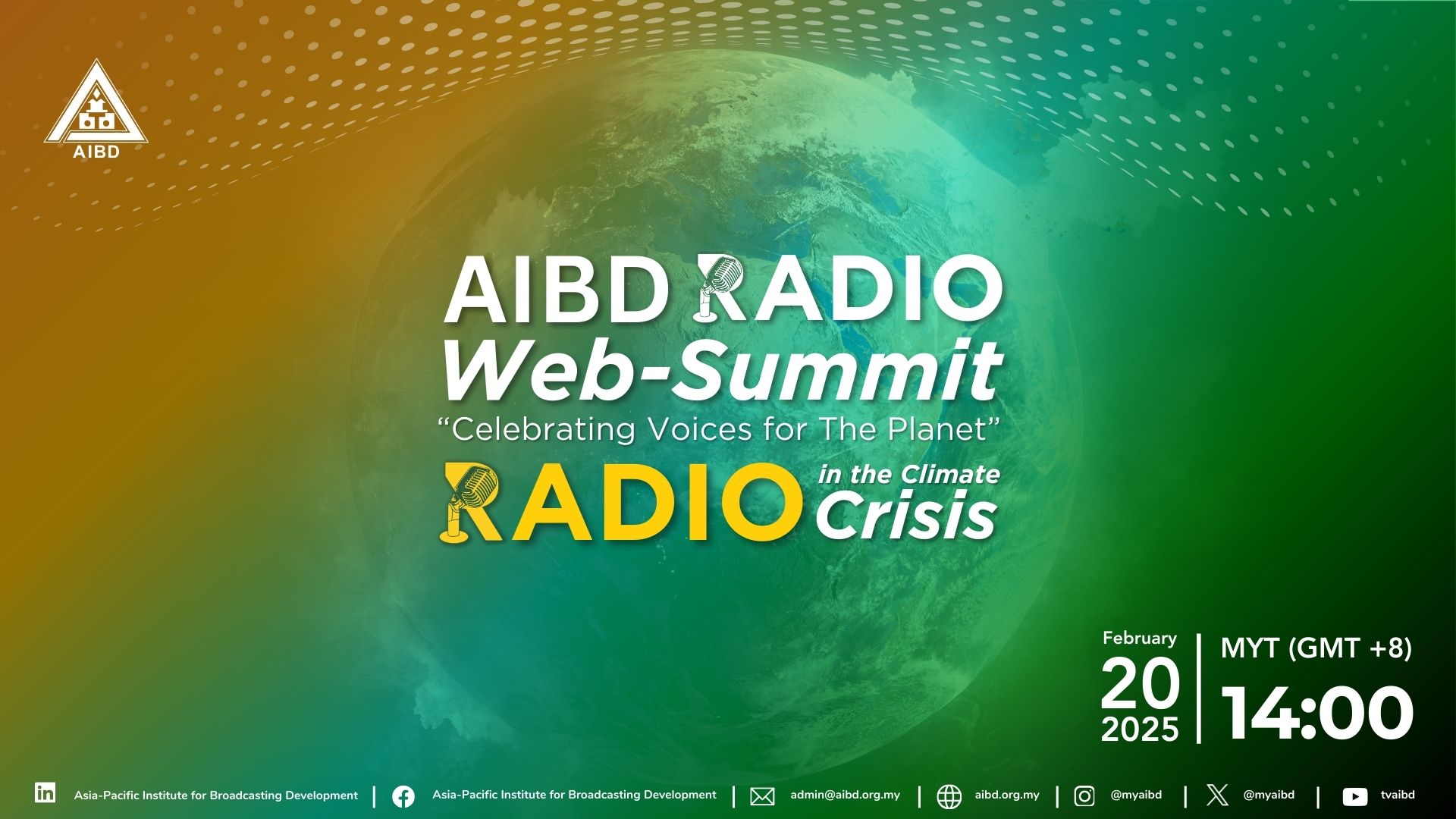
Day2 & Day3 – Road Safety workshop
The AIBD/WHO Road Safety workshop in Kuala Lumpur was told that an Integrated and Comprehensive emergency response system for post-crash management should establish in all countries. Advisor & EMS Product Inventor at MEXC Program, Kuala Lumpur General Hospital, Dato’ Seri Dr Abu Hassan Assari Abdullah said this is to enable the reduction of mortality & morbidity due motor vehicles crashes.
He explains that the Post-Crash Response is the Emergency Response for managing victims of Road Traffic crash and will be a very important early intervention to save lives as well manage any injuries. There are some critical success factors in this response namely:
1) Universal Access Number & Emergency Call Number eg in MALAYSIA No 999
2) Rapid Ambulance Response
3) Well trained Paramedics
4) Appropriate Medical Equipment & Skill to handle the emergencies.
5) Coordinated & Integrated Multi-agencies Response e.g. Police, Fire & Rescue & NGOs Responder
Dato’ Seri Dr Abu Hassan was sharing a session on post-crash response and pre-hospital care service with the 16 Asian journalists attending the 3-day AIBD/WHO Road Safety Reporting workshop in Kuala Lumpur.

The workshop also involved the participants to take a short walkabout, to gauge their experience of using public transport in certain segment of Kuala Lumpur. Led by the Professor in Transport, Dato’ Dr Ahmad Farhan Mohd. Sadullah, they boarded the monorail at Imbi station and later alighted at the next Bukit Bintang station before proceeding to the entrance of the Bukit Bintang MRT station.

In a group discussion facilitated by Professor Dato’ Dr Ahamd Farhan later, the participants were sharing their personal observations, gave their objective views and rate the public transport system in Greater Kuala Lumpur. The discussion were based on three focus areas of Accessibility, Inclusivity and Connectivity of public transport which must meet the expectation of the users.
The participants came out with catchy-headlines after the group discussion as follow:
- KL Public Transport: Big Investments, Poor Utilisation;
- Deteriorating Rail System, Needs Improvement;
- Lack of Will in Transforming KL Transit (KL’s Transit is still inequitable, why?);
- LOKE, I’m Disabled (public transport for all, but the Diff Able)
Prof. Dato’ Dr Ahmad Farhan said as media practitioners who can play an influential roles by prioritising the “outstanding” issues to bring to the attention of the relevant authority and public transport operator.

The 3rd and last day of the fellowship programme was the practical exercise session facilitated by Deborah Potter and Mercedes Sayagus for the 16 participants who were divided into four groups. The session is also to gauge and identify potential train-the-trainer from the training event for follow-up in-country workshops to be conducted in Bangladesh, India, Malaysia and Vietnam for next year which WHO has agreed in principle.
This was followed by the pitching session for the participants who are encouraged to apply for the WHO Grant of USD2000.00 to execute their Train-the-Trainer workshop on Road Safety in their respective countries within the next six months.
The 3-day event ended with a unique way of certificate presentation from Deborah to the first participant who then continue to pass on the certificate to the next fellow participant, one after another.






